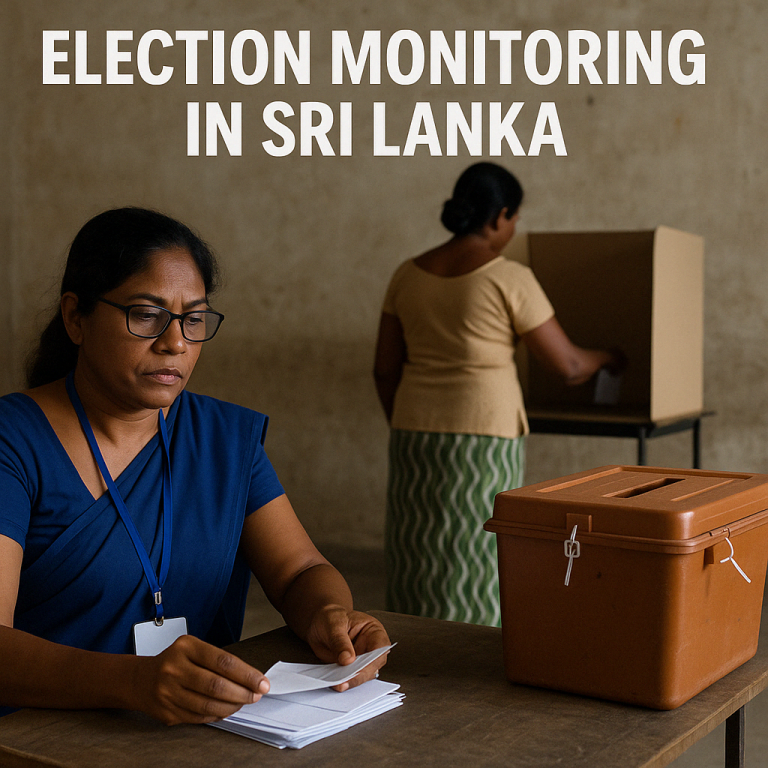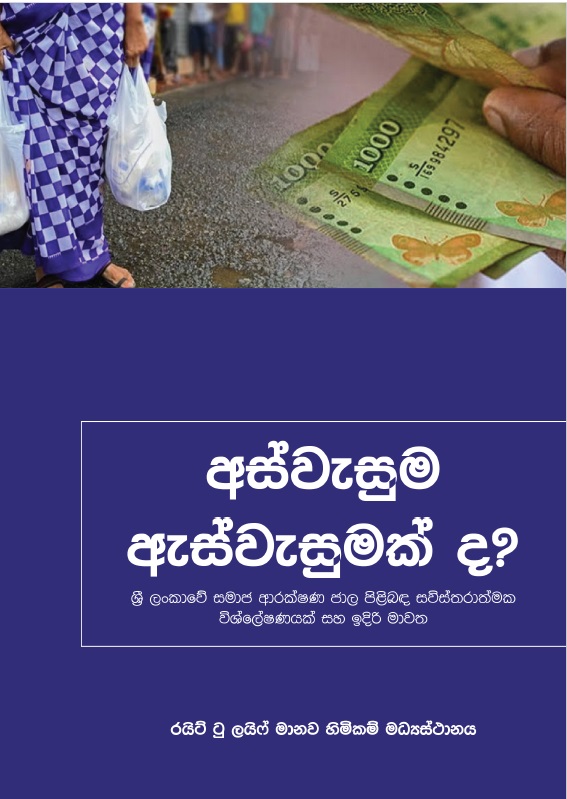Ajith Parakum
As Sri Lanka positions itself to become a more connected and technologically advanced nation, the government has endorsed the National Digital Strategy 2030. This strategy outlines a broad and ambitious plan focusing on infrastructure, connectivity, access, skills, literacy, industries, jobs, and the establishment of a connected digital government. The aim is to foster a digital economy that could potentially grow to $15 billion by 2030, up from $2.3 billion in the previous year.
Integral to this vision are legislative reforms such as the upcoming National Cyber Security Act, aimed at strengthening the nation’s cybersecurity infrastructure. Additionally, significant amendments to the Telecommunications Regulatory Commission of Sri Lanka (TRCSL) are expected, which will allow independent companies to develop telecommunications towers, thereby enhancing the country’s infrastructure and connectivity.
However, the Online Safety Act, which has also been enacted as part of these sweeping changes, has come under scrutiny. Critics argue that the Act fails to strike an appropriate balance between regulating harmful online content and safeguarding free expression. Delays and ambiguities in its amendment process have sparked concerns about its potential to be either overly intrusive or insufficiently effective in dealing with the complexities of digital discourse.
Further complicating the landscape of digital and personal freedoms, the proposed but subsequently withdrawn Anti-Terrorism Act included controversial sections, which raised alarms regarding its implications for freedom of expression. These sections were perceived by many as a potential tool for suppressing dissent and limiting public discourse, highlighting the delicate interplay between national security and civil liberties in the digital age.
As Sri Lanka moves forward with its digital agenda, the effectiveness of its legislative framework in supporting technological advancements while protecting individual rights remains a critical issue. The upcoming legislative sessions will be crucial in determining how these various laws and amendments will shape the country’s digital future and its commitment to democratic principles.







